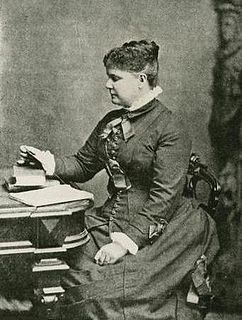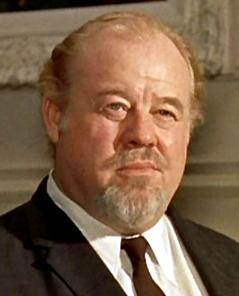A Quote by John Tyler
The tolling of yon dismal bell and the loud but solemn discharge of artillery hath announced to the nation the melancholy tidings - Thomas Jefferson no longer lives!
Related Quotes
Once more their weird laughter of the loons comes to my ear, the distance lends it a musical, melancholy sound. For a dangerous ledge off the lighthouse island floats in on the still air the gentle trolling of a warning bell as it swings on the rocking buoy; it might be tolling for the passing of summer and sweet weather with that persistent, pensive chime.
I'm a product of a Notre Dame education; those professors taught me a lot about how you separate the city of God from the state. I'm also a reverent follower of the tradition of Thomas Jefferson. My years of public life have simply confirmed the intensity of my belief that what I have learned from Joe Evans and Thomas Jefferson was correct.
When Thomas Jefferson wrote the Declaration of Independence, declaring that all men were created equal, he owned slaves. Women couldn't vote. But, throughout history, our abolitionists, suffragettes, and civil rights leaders called on our nation, in reality, to live up to the nation's professed ideals in that Declaration.
Thomas Jefferson understood the greater purpose of the liberty that our Founding Fathers sought during the creation of our Nation. Although it was against the British that the colonists fought for political rights, the true source of the rights of man was clearly stated in the Declaration of Independence. Jefferson wrote that all humans are endowed by their Creator with certain unalienable Rights . . . . It was self-evident to him that denying these rights was wrong and that he and others must struggle to win what was theirs.
































